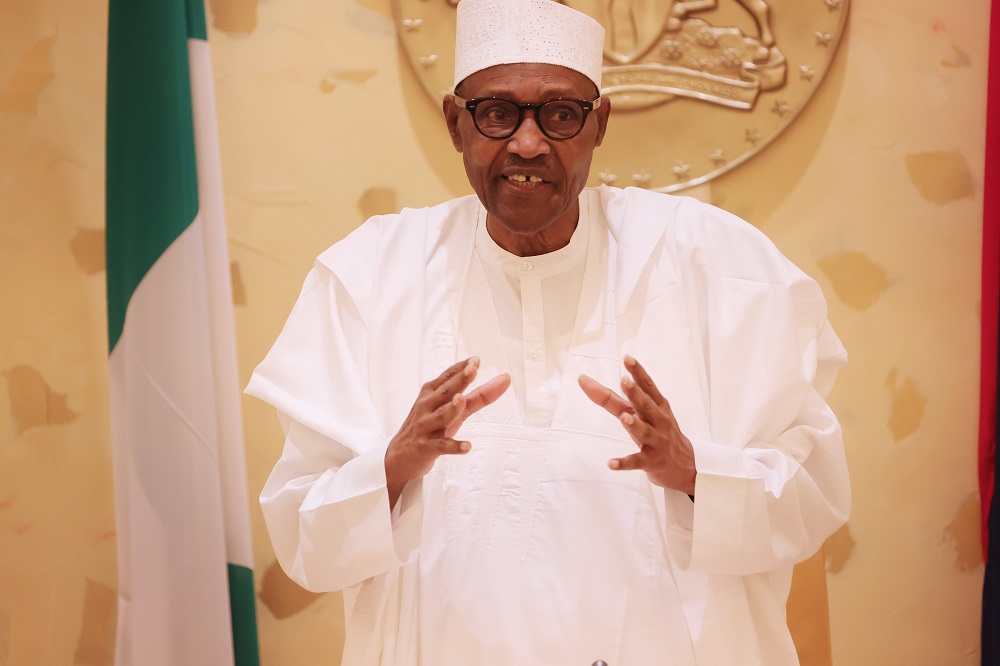Since both the Senate and the House of Representatives passed the 2021 Amended Electoral Bill, currently awaiting assent by President Muhammadu Buhari, there has been intense debate among politicians over the bill.
Some of the key provisions of the bill include empowering the Independent Electoral Commission to electronically transmit election results, which would cut down the chances of rigging and the time it takes to transmit results, electronic voting and perhaps the most contentious, the question of direct primaries, which gives Nigerians the chance to directly participate in party primaries.
Over the years, the indirect primaries, as presently-obtained, has seen the emergence of many-a-questionable candidates chosen by the delegates whose votes are often teleguided by vested interests. Political godfathers have often capitalised on the lapses of the indirect system to impose candidates on the populace. It has also meant that elected public officials are beholden to these godfathers, not the people they are supposed to represent.
Indirect primaries have also allowed the perpetuation of corruption in the electoral process where delegates are showered with gifts and cash prizes by office-seekers or their sponsors. These anomalies have crippled the political process and limited the participation of Nigerians in the process designed to produce their leaders.
While the amended bill is awaiting presidential assent, however, governors belonging to the ruling party, the APC, met in Abuja to take a unanimous position on it. The meeting could not agree on a stand as some governors opposed the bill while others endorsed it.
While the argument is being made in some quarters for each party to decide how it will select candidates to represent it in elections, the amended electoral bill seeks to regulate a process that all parties should abide by.
Considering the poor voter education in the country, it is reasonable that all parties should have a uniform, standardized system of selecting candidates during party primaries.
Apart from curtailing the hold of a few individuals over the party primaries and who emerges from them, the direct primaries as proposed in the amended electoral bill will further the aim of democracy, which is to guarantee the rule of the people. No doubt the active participation of Nigerians in party primaries will help curtail voter apathy, which in the last general elections stood at 28.57%, with only 28 million of the 98 million eligible voters in the country turning out to vote. It will ensure that the best candidates will emerge based on their ability to convince voters of their capacity to deliver.
Crucially, it will help sanitise the electoral process by limiting the chances of party primaries becoming the cash-sharing jamborees they have become over the years.
Perhaps most significantly, it would guarantee greater youth participation in the electoral process. This is important considering that 53.77 per cent of Nigeria’s population is between the ages of 15 and 64, according to World Bank Data.
With the Not-Too-Young-to-Run Act enacted in 2018, not many youths in the country have taken advantage of this to contribute to nation-building through the electoral process. The amended electoral bill will engender greater youth participation in the process.
Indeed, the Speaker of the House of Representatives, Femi Gbajabiamila summed it up recently when he said, “It is important for this generation to open the door of leadership to the next generation. We must allow every Nigerian to participate fully in the process of leadership. I, therefore, stand with direct primaries.”
One of the biggest legacies President Muhammadu Buhari could leave to Nigerians as he completes his tenure in 2023 will be to make the electoral process easier, 21st century-compliant and empower Nigerians to fully participate and give them a chance from the get-go to choose the kind of leaders they desire.
By signing into law the amended electoral bill 2021, the president would also empower Nigerians to hold accountable their elected officials who will, after their first tenure, return to the populace with evidence of service delivery in order to secure a second term.
We, therefore, urge the president to sign the amended electoral bill and move the country closer to a truly reformed electoral process with the full participation of Nigerians.

 Join Daily Trust WhatsApp Community For Quick Access To News and Happenings Around You.
Join Daily Trust WhatsApp Community For Quick Access To News and Happenings Around You.


